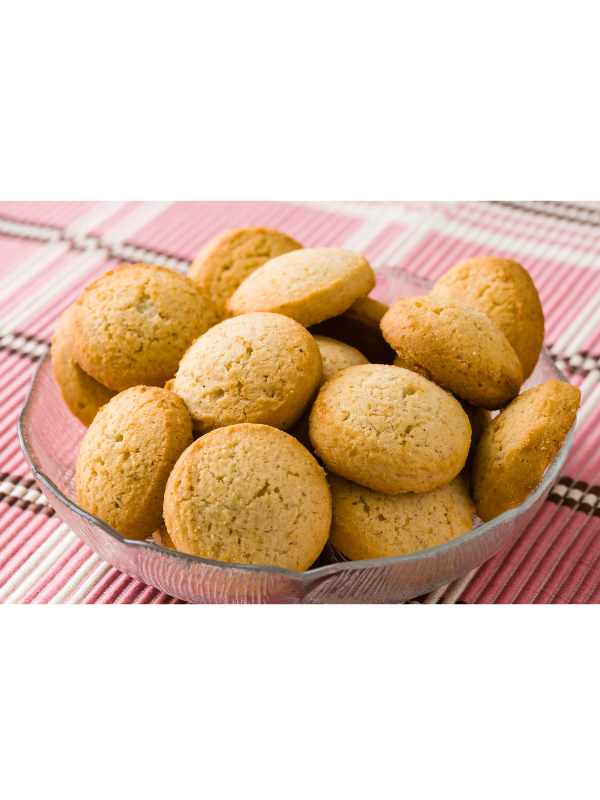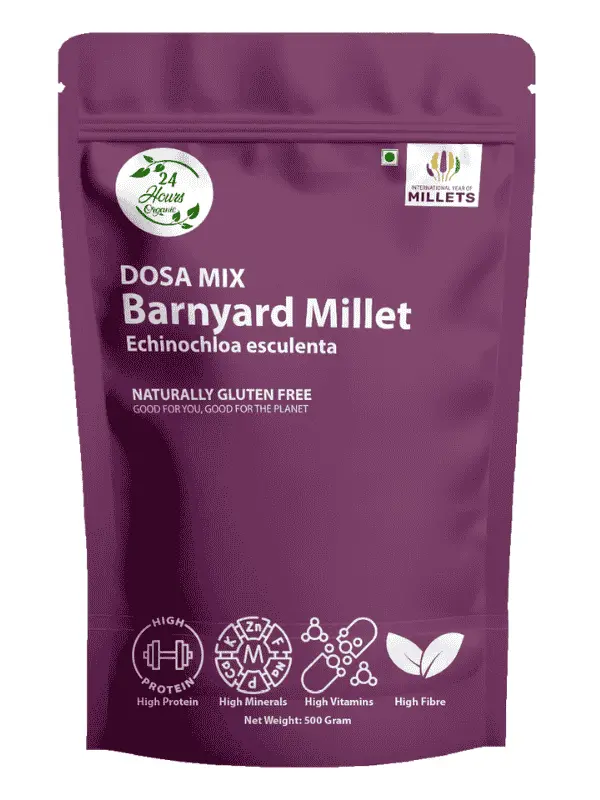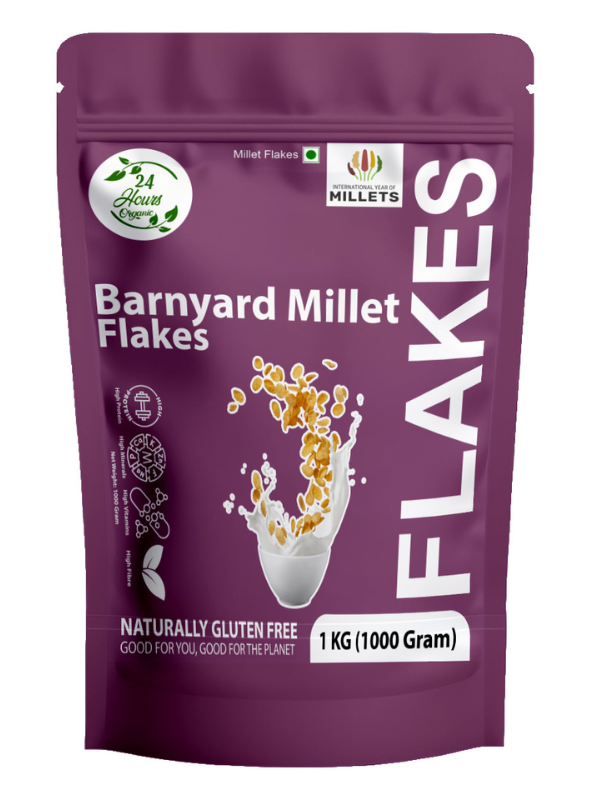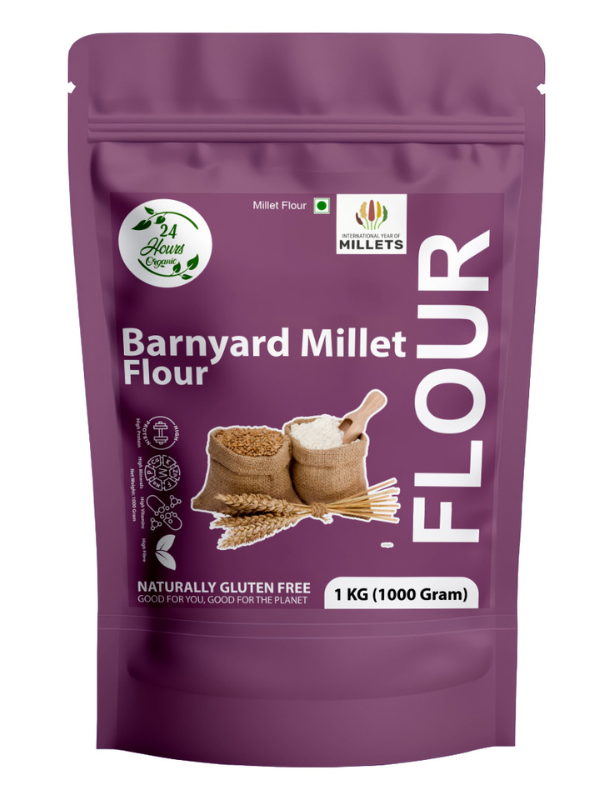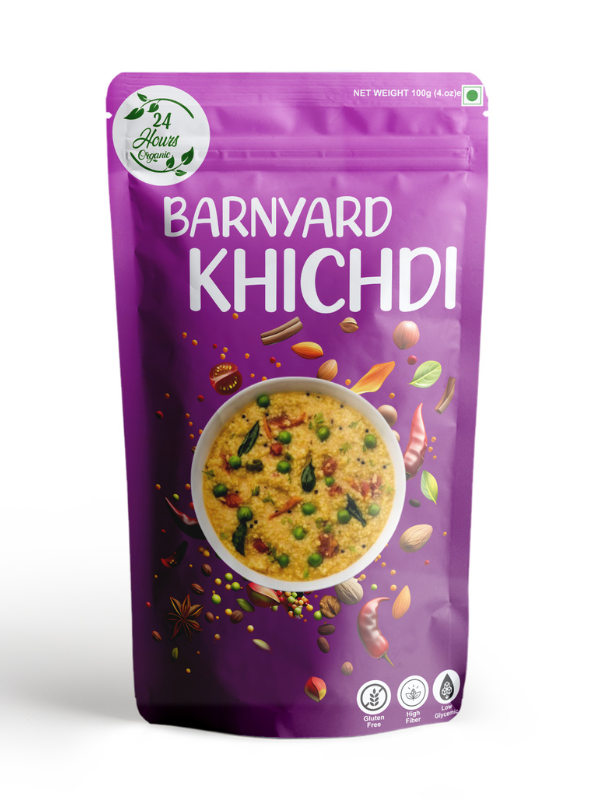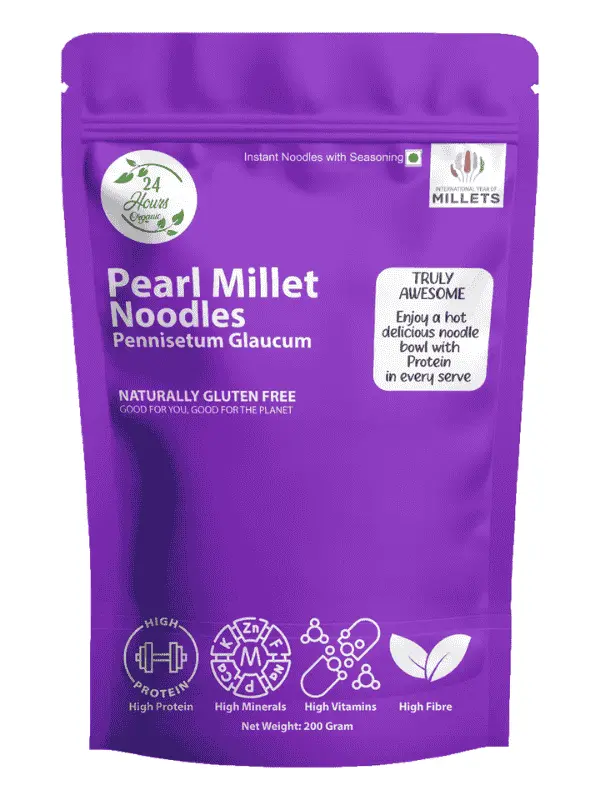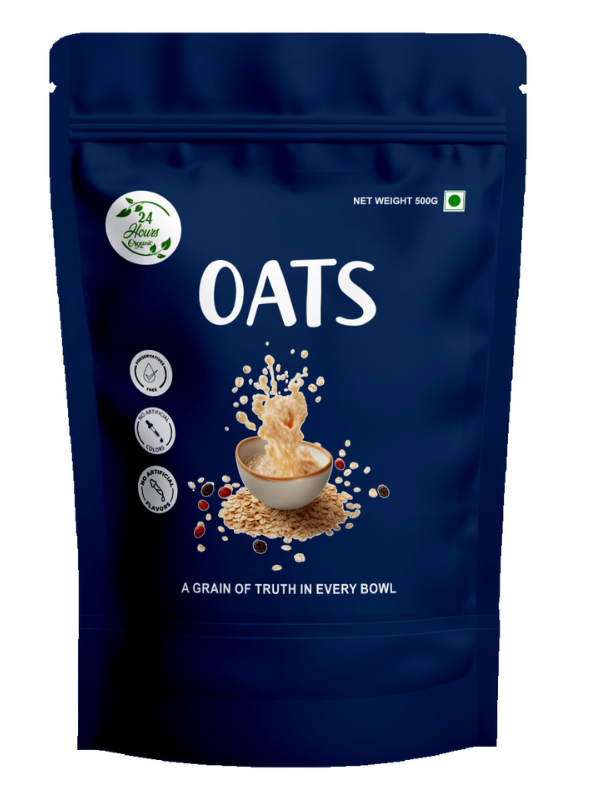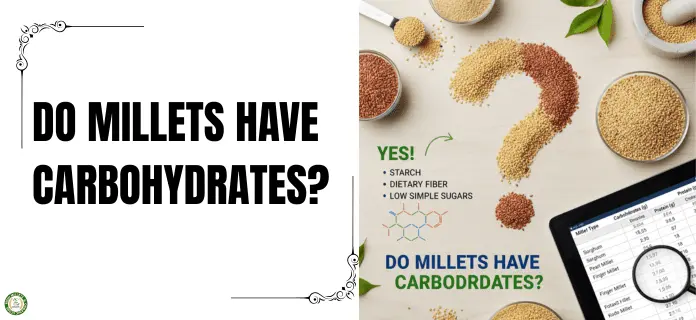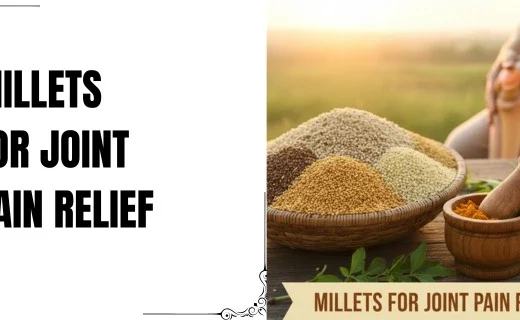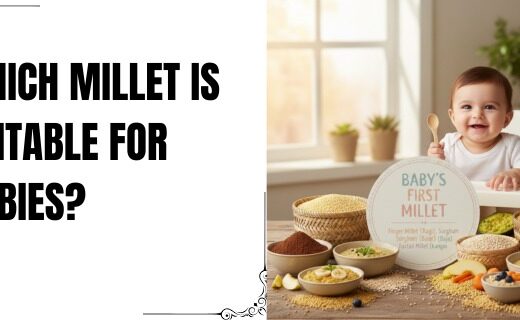Do Millets Have Carbohydrates?
Millets, these ancient grains, have experienced a remarkable resurgence in recent years. Renowned for their high fibre, protein, and mineral content, millets are now hailed as one of the healthiest grains to incorporate into your daily diet.
But many people wonder — do millets have carbohydrates? The answer is yes, millets do contain carbohydrates, but they are complex and healthy carbs that fuel your body with long-lasting energy. Let’s understand this in detail.
What Are Carbohydrates and Why Are They Important?
The Role of Carbohydrates in Our Diet
Carbohydrates are one of the primary sources of energy for our bodies. They help our brain, muscles, and organs function properly. However, not all carbs are the same — there are simple carbs (like sugar and refined flour) and complex carbs (like whole grains and millets).
Why People Fear Carbs (and Why They Shouldn’t)
Due to the popularity of low-carb and keto diets, many people believe carbs are unhealthy. The truth is that good carbs — like those found in millets, fruits, and vegetables — are essential for a balanced diet. It’s not about cutting carbs completely but choosing the correct type of carbs.
Do Millets Contain Carbohydrates?
Yes — But They’re Complex Carbs!
Millets do have carbohydrates, but these are complex carbohydrates that digest slowly and keep you full for longer. Unlike refined grains that cause sudden spikes in blood sugar, millets provide steady energy release and better blood sugar control.
Carbohydrate Content in Different Types of Millets
Here’s a quick look at the carbohydrate content of some popular millets (per 100 grams):
Millet Type Carbohydrates (per 100g)Type of Carbs
Foxtail Millet ~60g Complex carbs
Pearl Millet (Bajra) ~67g Complex carbs
Finger Millet (Ragi) ~72g Complex carbs
Little Millet ~66g Complex carbs
This shows that millets are not “low-carb” foods, but they are nutrient-dense, fibre-rich, and slow-digesting grains, making them an excellent choice for a healthy diet.
Are Millets Good for People with Diabetes or Weight Loss Goals?
Low Glycemic Index Advantage
Millets have a low glycemic index (GI), a measure of how quickly a food raises blood sugar levels. Foods with a low GI release sugar into the bloodstream slowly, making them an ideal choice for people with diabetes as they help maintain stable blood sugar levels.
Rich in Fibre and Protein
Millets, being high in dietary fibre and plant-based protein, play a significant role in digestion, hunger reduction, and weight management. By including millets in your diet, you can feel full for longer, thereby preventing overeating and aiding in your weight management goals.
Comparing Millets with Other Grains
Millets vs Rice
While white rice is mostly simple carbohydrates, millets are full of fibre, minerals, and complex carbs. This makes millets a healthier option for those looking to control weight and improve digestion.
Millets vs Wheat
Millets are naturally gluten-free, making them suitable for people with gluten intolerance. They are also lighter on the stomach and packed with more micronutrients compared to refined wheat products.
How to Include Millets in a Balanced Diet
Smart Portion Control
Even though millets are healthy, portion control is essential. You can replace a part of your daily rice or wheat intake with millets for better nutrition without overdoing carbs.
Healthy Millet Recipes to Try
Millets are versatile and can be used in many delicious ways:
- Millet porridge for breakfast
- Millet upma or khichdi for lunch
- Millet rotis or dosa for dinner
- Millet snacks like laddoos or energy bars
Conclusion
Millets do contain carbohydrates, but these are the good kind — complex, fibre-rich, and full of nutrients. Instead of avoiding carbs altogether, focus on choosing wholesome grains like millets that provide energy, improve digestion, and support overall health.
However, it’s important to note that some people may be allergic to millets, and excessive consumption can lead to digestive issues. As with any food, moderation is key.
Frequently Asked Questions
1. Do millets have more carbs than rice?
Millets have similar or slightly fewer carbs than rice, but they are complex carbs that digest slowly and are healthier.
2. Which Millet is lowest in carbohydrates?
Foxtail millet and barnyard millet are relatively lower in carbohydrates compared to other varieties.
3. Can people with diabetes eat millets daily?
Yes, millets are excellent for people with diabetes due to their low glycemic index and high fibre content.


